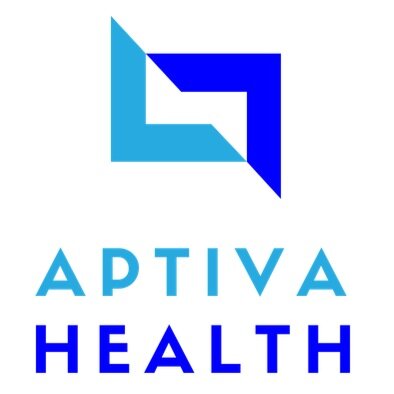Meet Dr. Lisa Manderino
Lisa Manderino, Ph.D. is a fellowship trained Neuropsychologist that joined the Aptiva Health Sports Medicine team in October of 2022. Dr. Manderino completed her fellowship at the preeminent University of Pittsburgh Medical Center. This program is headed by some of the most respected experts in treating traumatic brain injuries, including Dr. Michael Collins.
Established in 2000, the UPMC Sports Medicine Concussion Program is the first and largest research and clinical program focused on the diagnosis, evaluation and management of sports-related mild traumatic brain injury in athletes of all levels. Dr. Manderino received extensive training at the UPMC Sports Medicine Concussion Program and has worked with elite athletes, to youths and every day people suffering from traumatic brain injuries (TBI).
Using the following procedures, modalities, and treatments:
Neurocognitive Training & Reeducation
Much More!
At Aptiva Health, Dr. Manderino treats the following conditions:
Psychological Conditions related to TBI
Dr. Manderino maintains research activities in the areas of concussion in both athletes and civilians. In 2023, with her collaborators at concussion research programs across the country, Dr. Manderino published 5 research articles in peer-reviewed journals, including Science and Medicine in Football, Journal of Athletic Training, and The American Journal of Sports Medicine. The findings of these publications will be used to advance concussion identification and treatment in all patients. In addition, Dr. Manderino served as the lead author for the Concussion chapter in the book Sideline Management in Sports, published at the turn of the new year. This publication aims to provide an overview of the factors most important to identifying when a concussion has occurred during sport participation, and how sideline medical and allied health professionals can best support player safety and recovery.
Key findings from these research publications include:
Rest is NOT best after a concussion! Prescribed rest actually has a negative effect on symptoms after concussion, and this negative effect is worse in younger individuals and in athletes compared to civilians.
In NCAA soccer players, concussions are more likely to occur in female athletes, and are more likely to occur during games than during practices.
Vestibular therapy is an increasingly common treatment for concussion, and there are certain features that may make a patient more likely to be referred to vestibular therapy. For example, patients with a history of migraine, who were injured in a motor vehicle accident, or who demonstrate certain features during clinical examination are more likely to be referred to vestibular therapy.
Not all patients experience all symptoms of a concussion, but certain symptoms are more likely to occur with other, specific symptoms. For example, patients who experience dizziness after a concussion are also more likely to experience mood symptoms such as sadness and irritability. These findings can lead to faster recognition of different symptom “clusters” and referrals for targeted treatment for the different types of problems that a patient is experiencing.
The same tests and assessments utilized in younger individuals can be used to accurately identify concussion in older adults ages 60+. Older adults with concussion report greater balance concerns and mood symptoms, as well as demonstrate worse performances on tests of memory, attention, and other areas of cognitive functioning.
Taken together, these findings contribute to a growing body of research supporting individualized concussion care, using active treatment approaches, based on certain features of the injury and each patient’s medical history. Finding concussion specialty care that incorporates these cutting edge treatment approaches is paramount to an uncomplicated, speedy recovery after concussion.


